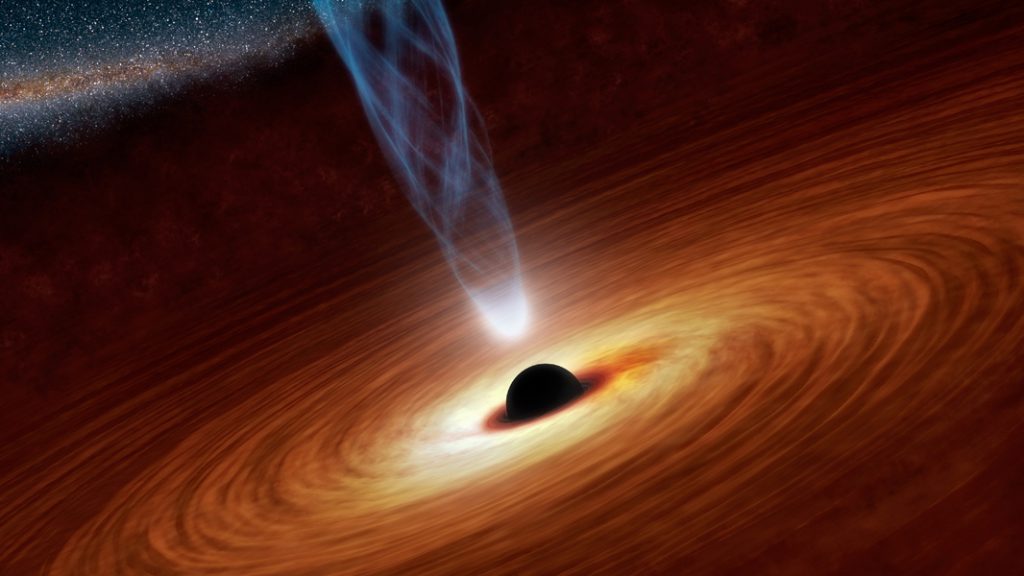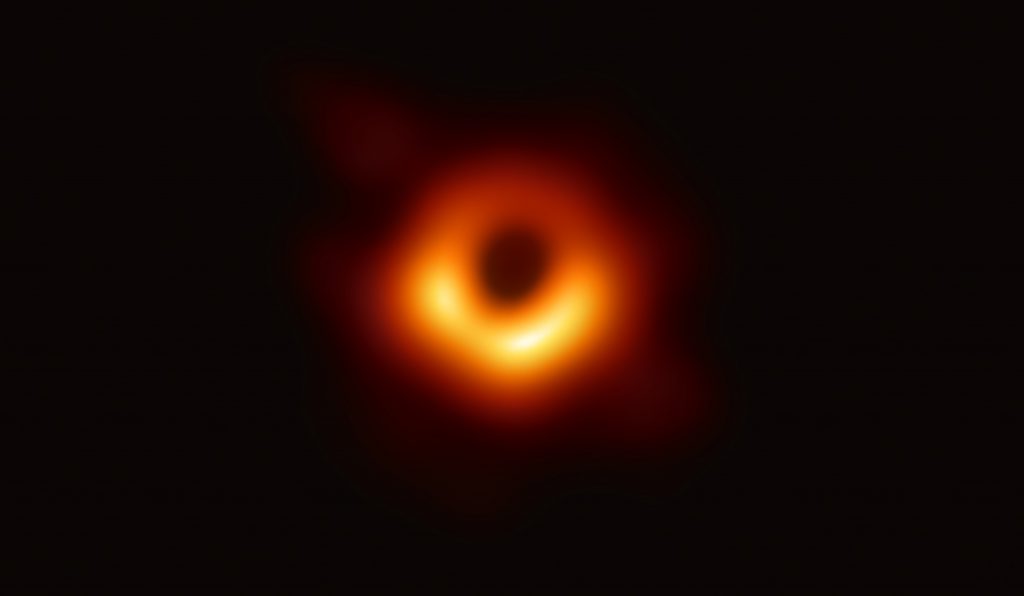Black holes
By Ishani Singh
One of the most baffling mysteries of the universe for cosmologists are black holes, something that has not been directly seen yet and the study of which has been rather difficult. The twist in the story is that the existence of all that we see, discover, or imagine about space is greatly dependent upon black holes. They are in a way representative of the extremes of nature and the most bewildering aspect is that even after much research still there are many unknown facts yet to be discovered with respect to the black holes.

To put the pieces of this riddle in place, physics needs to be utilized in its most superior form. Black holes may be considered the worst “demons” lurking in the universe — devouring all that comes their way.
Black holes have been found to exist throughout our galaxy, yet it is still difficult to locate one as any black hole is dark to our observations — they include such dense points in space that gravity pulls in even light, making it so that we can only observe them by observing how they affect space around them.
So how do scientists conclude that black holes exist even if we can’t see them directly? The answer to this can be that just as we do not see wind but we can measure how the wind affects the world around us — the same can be done with black holes. The effects of the black holes can also be measured to prove their existence. Hence, scientists can study effects such as how black holes bend space around them or the kinds of electromagnetic radiation that they emit. We can even listen and measure the waves produced by black holes upon collision.
The best part is that the evidence of the destruction caused by any black hole is something that we can observe, such as with the first image collected of a supermassive black hole in the middle of a galaxy.
There is no end to our imagination when it comes to black holes and we are still limited in our knowledge, such that modern physics can still not determine what happens at the core of a black hole. There is still way more to discover for us regarding black holes as they are a really mysterious natural phenomenon.

References
- Redd, Nola Taylor. 2019. “Black Holes: Facts, Theory & Definition | Space.” https://www.space.com/15421-black-holes-facts-formation-discovery-sdcmp.html
- “Black Holes | Science Mission Directorate.” https://science.nasa.gov/astrophysics/focusareas/black-holes (September 28, 2021).
Ishani is a Research Associate at Blue Marble Space Institute Of Science and a final year Bachelor of Biotechnology student at SRM Institute Of Science and Technology, India.
